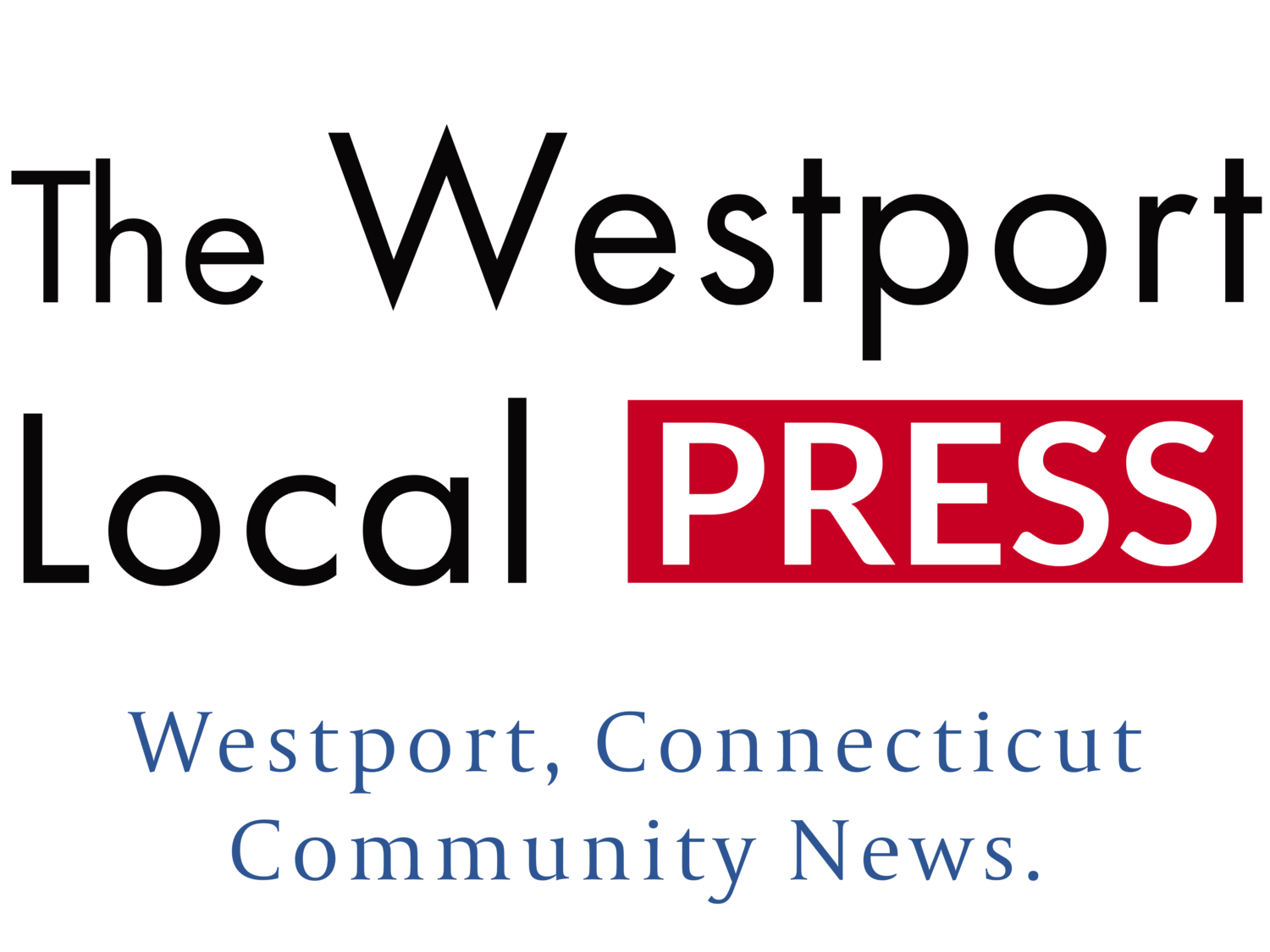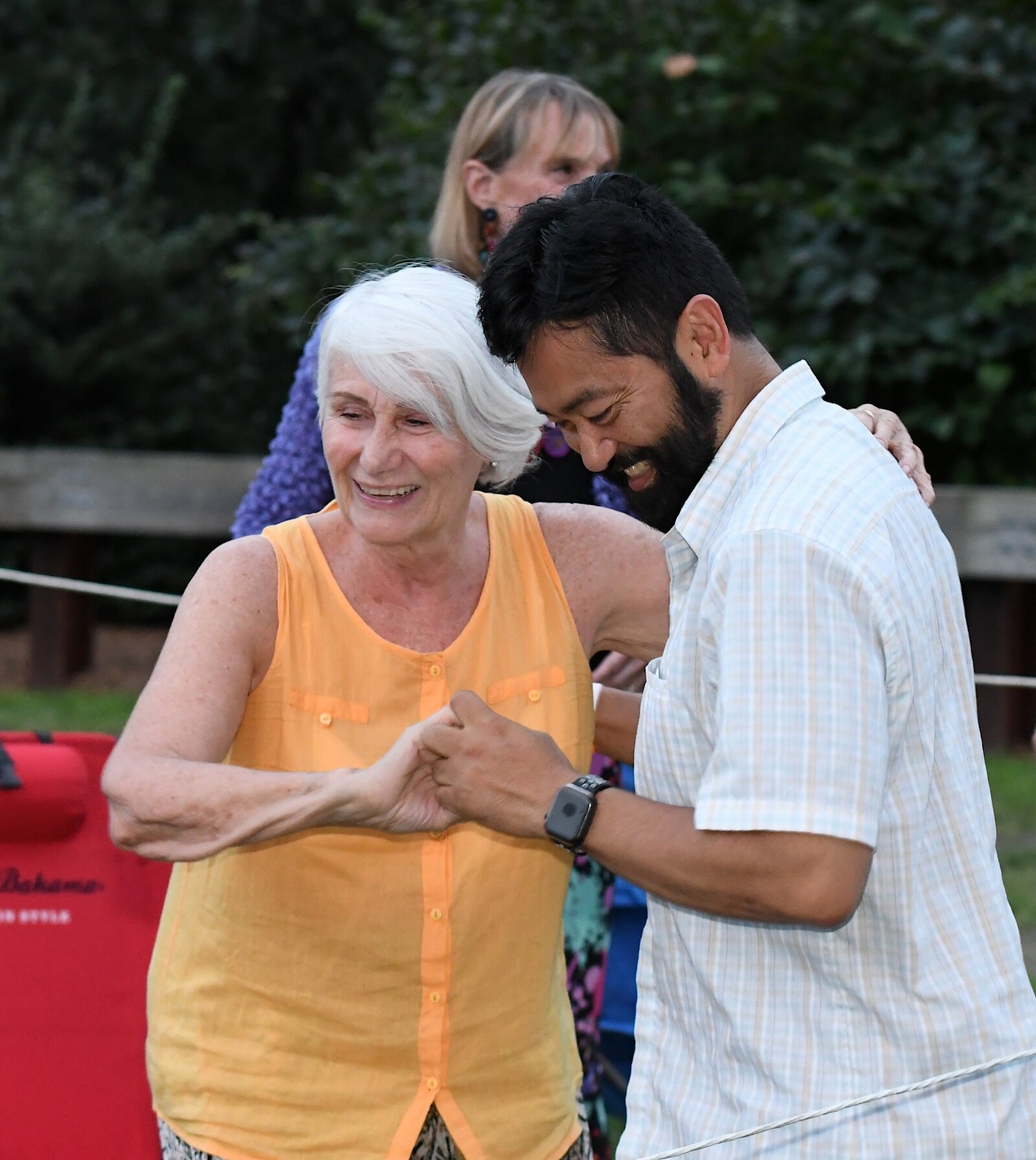CT United Ride Rumbles across Post Road as 9/11 Tribute Tours Connecticut
Members of the CT United Ride head over Post Road on Route 33 as they headed for Wilton this afternoon. The annual ride featured thousands of motorcycles from across the region and was nearly 45 minutes long as it motored through local communities. Starting at Sherwood Island, the ride continued through Fairfield County until it ended at Seaside Park in Bridgeport. The bikers were escorted by dozens of law enforcement and first response motorcycles, including Westport Police, Fire, and EMS personnel. Community members lined the routes throughout the State to wave flags and pay respect to the motorcade on the 20th anniversary of the World Trade Center attacks.
The first ride was held on September 30th, 2001 and has continued and grown since then - with all funding collected going towards family emergency relief funds for CT Police Officers, CT Fire Fighters and two local United Ways. WestportLocal.com photo
Paulie Pushes through Westport on His Way to Honor Fallen Flight Crew on 20th Anniversary of 9/11
Paulie Veneto pushes his car through Westport today - starting in Bridgeport and ending in Norwalk with the help of a first responder escort - and support from the community.
Veneto, a former United Airlines flight attendant, completed the Boston - Los Angeles flight route September 10th, 2001 and went home. The next morning his coworkers were lost as their plane on the same route struck the south tower at 9:03. Following the attacks, he battled drug addiction until becoming clean in 2015. "I can now finally give tribute to my fallen crew members."
Paulie has been pushing a airline beverage cart from Boston's Logan International Airport - the origin for Flight 175 - until he arrives at Ground Zero in time for the 20th anniversary of the 09.11.01 terrorist attacks. His walk is raising money for survivors' families and the Power Forward foundation for sober living.
To learn more, donate, or to track Paulie’s progress, visit his website here.
Cooking with Sam Seideman: Basic, Delicious Hummus Recipe
Chef’s Tips:
Use this recipe as a basic hummus recipe.
Sam likes to add ingredients like sun-dried tomatoes, pesto, roasted garlic, etc. to this hummus to jazz it up a bit.
For a creamier hummus, save chickpea liquid. Then, add a little bit to the hummus after adding your olive oil.
Click Here for Westporter Sam Seideman’s Basic Hummus Recipe
Basic Delicious Hummus Recipe:
Ingredients:
⁃One (14oz) can of chickpeas
⁃1/3 Cup tahini
⁃Juice of one lemon
⁃2 large garlic cloves
⁃Cilantro
⁃1/3 Cup Olive oil
⁃Cumin
⁃Salt
Directions:
1. Add lemon juice and tahini to the food processor, mix on high for one minute
2. Drain and rinse chickpeas. Add to food processor and mix until smooth
3. Drizzle in olive oil and allow to mix.
4. Add cilantro, salt, and cumin. Mix until smooth
5. Put hummus in bowl, top with a drizzle of olive oil, paprika, and cilantro or parsley
6. Enjoy!!





















